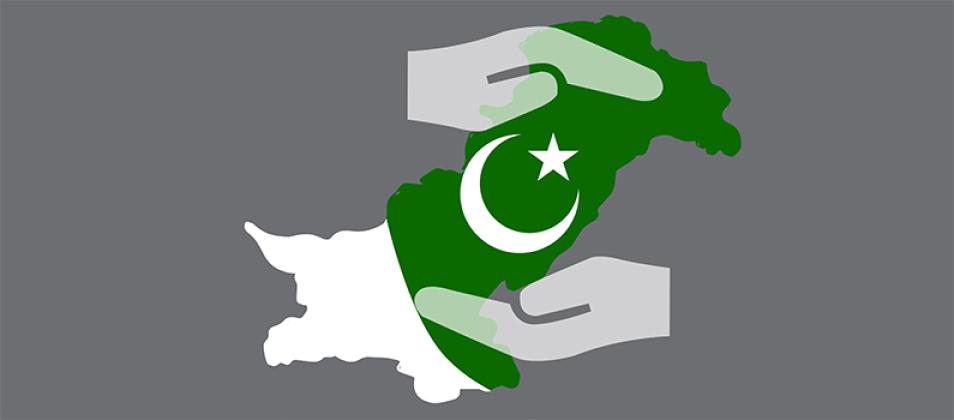
COVID-19’s Impact on Pakistani Women
The new coronavirus is a significant threat to Pakistan’s population of 222 million. Past outbreaks and humanitarian crises have demonstrated that men and women are impacted differently. Women – especially women with disabilities and young women – and transgender persons suffer disproportionally due to the unequal gender and power relations that determine access to and control over resources.
In Pakistan, weak governance systems and a lack of enforcement of legal instruments undermine access to democratic rights. Though the extent and scope of the gender-differential impact of COVID-19 in Pakistan is not yet known, women and most marginalized communities will likely experience disproportionate hardship. This reality means all preparedness and response measures should incorporate a gender analysis.
It is imperative that Pakistan’s government consider and plan for the long-term impacts this pandemic may have on women and to minimize these consequences. A new paper from the International Foundation for Electoral Systems looks at gender considerations related to democratic participation, economic and educational impacts, voter registration, access to aid and more. Gender Impact of COVID-19 in Pakistan: Contextual Analysis and the Way Forward offers key recommendations for the government and Election Commission of Pakistan to safeguard and promote marginalized groups’ access to democratic rights and COVID-19 response mechanisms.
For more on the global response to the pandemic, visit IFES’ COVID-19 Survival Guide for Democracies.














